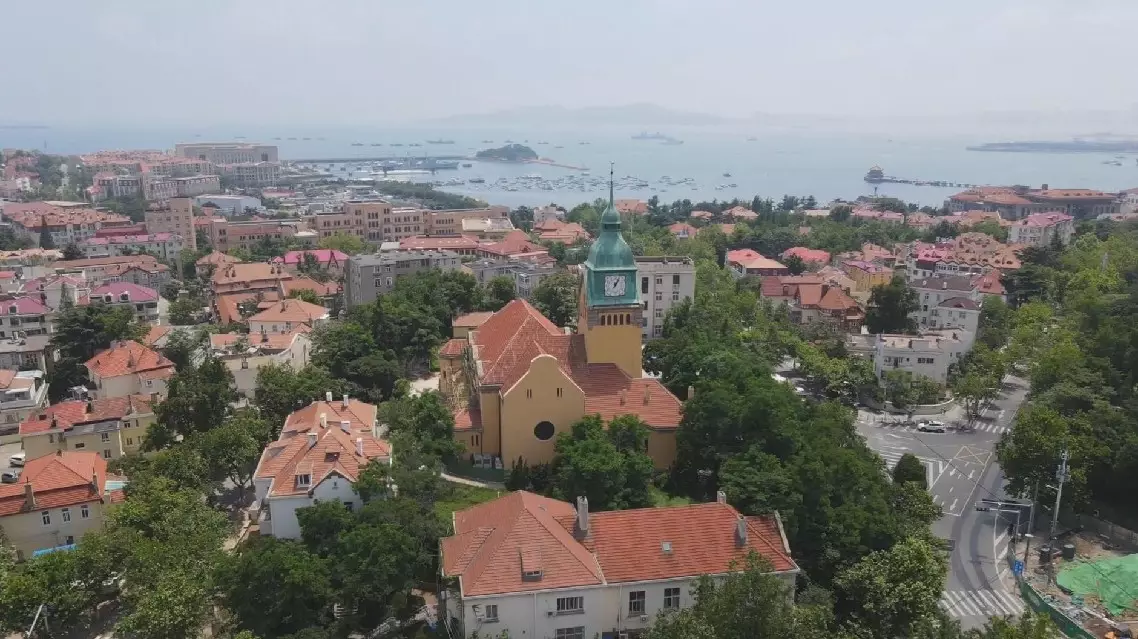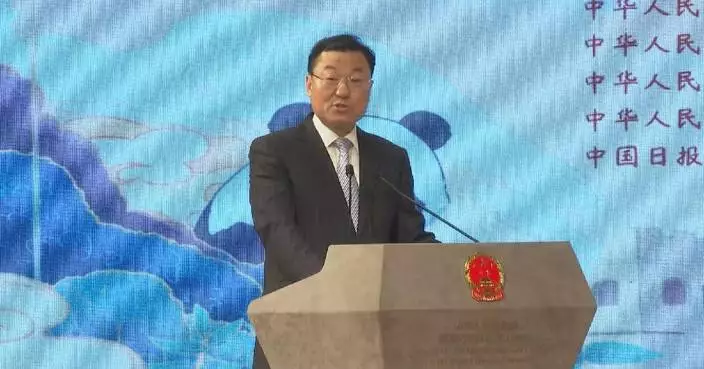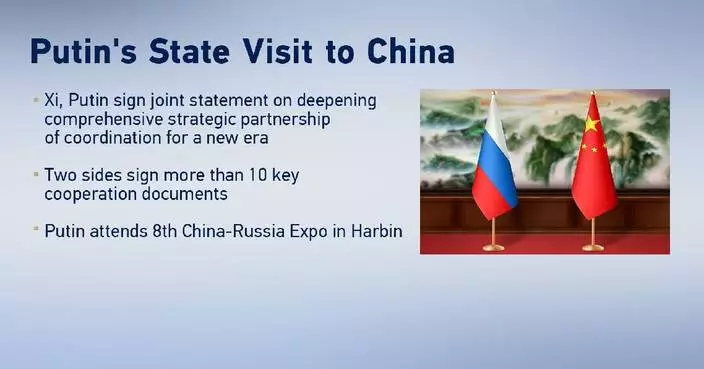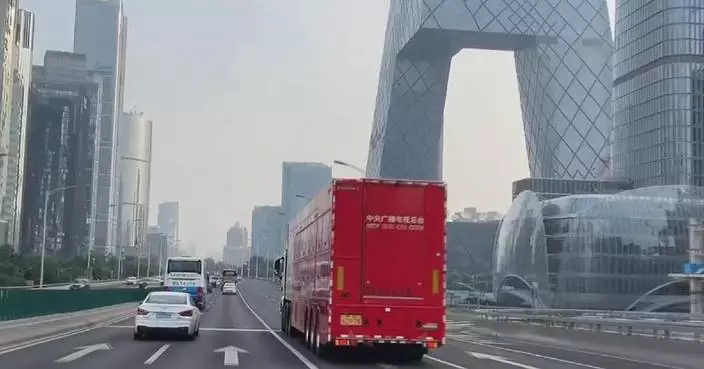Qingdao City in east China's Shandong Province and its sister city Nantes in France, share a lot of similarities after having scooped awards over the years for being among the most livable cities in their respective regions.
Nantes was voted the most livable city in Europe by Time Magazine in 2004 and Qingdao was selected as the most livable city in China by a Chinese Academy of Sciences study in 2017. The two started their sister city relationship in June 2005, and both have relaxing environments, rich activities, convenient transportation and great facilities.
Qingdao is known as a tourist city, the beer city of the world and an international port city.
As one of the imported international ports in China, Qingdao port has modern facilities and advanced technology. As a tourist city, the Zhanqiao bridge and Wusi Square are its iconic attractions.
The echo of the city's skyscrapers and the sea is what makes Qingdao unique. The city is also known for its convenient transportation, with the Qingdao North Railway Station being an important transportation hub.
People who live in Qingdao shared their view points on what makes the city tick.
"Qingdao is a romantic city. The overall pace of life is very slow. You'll feel comfortable living here," said Laoao, a content creator.
"I think Qingdao is a particularly inclusive city. Because as a young man, I feel like there are many entrepreneurial opportunities and job opportunities," said Wang Zhihao, a photographer.
As a big city, the convenient public transportation is what keeps Qingdao traffic running smoothly. And for young people, the good entrepreneurship environment has been one of the main pull factors to the city.
"I think what stands out to me about Qingdao is the transportation. The transportation here is very convenient. For a city of this size, there are very few traffic jams. Basically, public transportation will get you anywhere you want to go," said Fang Xiang, another photographer.
"The local initiative that impressed me the most was the talent grant program. It reduced stress and made it easier for me to start my own business," said Wang.
The French city of Nantes is known for rich historical and artistic atmosphere.
Nantes' Castle, which built at the end of the 15th century, offers a beautiful view of Nantes.
The Place Royale is the center of Nantes. It was rebuilt after it was bombed in WWII. Many tourists pass through here every day, and there's a Christmas market in December.
The Nantes Museum of Art was built in 1801, and it has a wide range of collections and exhibitions of artwork, from classical to contemporary styles. Nantesans like to come here on the first Sunday of the month, a free-admission day.
In Nantes, the center of the city is made up of pedestrian streets and they choose the streetcar as a mode of transport. The best part is that public transportation is free on weekends, giving people much-needed downtime in the area.
"Nantes is a very beautiful city with a lot activities to offer. There are interesting museums, and castles," said one of the locals named Annie.
"There are a lot of cultural, and musical events with a festive atmosphere. They set the mood for the city," said another local named Nina.
Apart from colorful cultural activities, the pleasant climate, the beautiful green environment, also contribute to the livability of the city.
"We're very close to the Atlantic, so our climate is still quite pleasant," said Annie.
"I think because Nantes is a garden city. There are lots of parks and greenery, creating quite a pleasant living environment. In addition, Nantes' proximity to the sea, these all make me feel very comfortable," said Nina.

French, Chinese coastal cities share similarities as most livable cities

French, Chinese coastal cities share similarities as most livable cities









